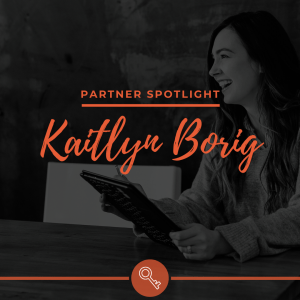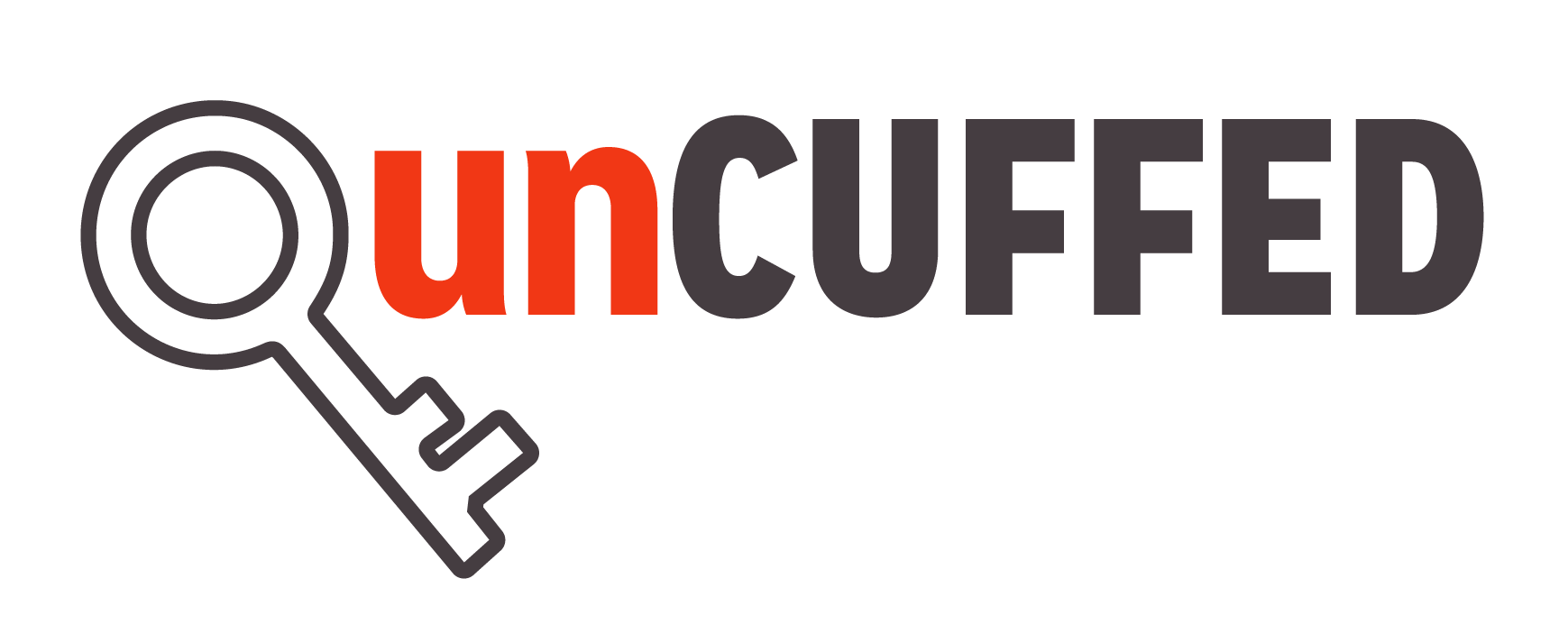
With the advent of the COVID-19 pandemic, it seems as if life has come to a complete halt, but in the midst of increased regulations and ever changing policies, Kaitlyn Borig, Program Director at Harford County Detention Center (HCDC) has found creative ways to engage inmates in meaningful programs
With the advent of the COVID-19 pandemic, it seems as if life has come to a complete halt, but in the midst of increased regulations and ever changing policies, Kaitlyn Borig, Program Director at Harford County Detention Center (HCDC) has found creative ways to engage inmates in meaningful programs where they can earn certificates to demonstrate to the penal system that they are committed to change and seeking redemption.
Though much of life at HCDC remains the same (simply more masked, sanitized, and separated), one of the biggest changes has been regulations impacting programs; since housing areas must be kept separate and volunteers cannot come in to run activities, all regularly scheduled, in-person group programs have been halted. Nevertheless, Borig has quickly converted their typical program curriculum into independent, workbook and worksheet style options that inmates can pick up and complete individually in their cells. The topics covered include undoing criminal thinking, managing and reducing anger, fostering better communication and relationships, and developing parenting skills. Additionally, Borig has connected inmates recovering from addiction to peers on the outside, who are writing encouraging recovery messages to substitute for the halted 12-step meetings; she is also getting ready to roll out a mental health workbook geared towards both inmates and facility staff with tips and activities to enrich mental health during the pandemic.
“Compared to what we had it’s not a lot, but compared to doing nothing…this was our way to stay busy and be able to do something productive,” Borig humbly said. Indeed, the workbooks seem to be having an impact on the inmates—in the few weeks since they’ve been offered, nearly 25 people have requested packets, a rare popularity for independent paperwork. Many have requested multiple workbooks at once, and Borig says that it is clear from their responses that participants are working hard and enjoying the workbooks: the activities are clearly making a meaningful impact.
How Can We Partner with HCDC?
In addition to continued prayer for the positive impact of these activities, Borig says that the best way for outsiders to come alongside inmates and staff at facilities is to offer more self-study programs and activities for Program Directors to implement. She says any activities that can be made into self-paced, workbook-style curriculum are much appreciated. To come alongside her, HCDC, and all the facilities where we serve, unCUFFED Staff and Volunteers are writing hundreds of encouraging letters, staying connected with families who fear for their kids’ safety, and working with boys who have been released to find jobs, connect with a church, and to complete their education. Our Harford County Area Director, Tim Schriver, has developed worksheet Bible studies about the basics of faith to distribute to the boys at HCDC. We would love to see our network of volunteers, supporters, and churches support HCDC with meaningful, redemption-facilitating, Christ-centered activities to make this a time of growth and hope for our Brothers and Sisters behind bars.

With the advent of the COVID-19 pandemic, it seems as if life has come to a complete halt, but in the midst of increased regulations and ever changing policies, Kaitlyn Borig, Program Director at Harford County Detention Center (HCDC) has found creative ways to engage inmates in meaningful programs
With the advent of the COVID-19 pandemic, it seems as if life has come to a complete halt, but in the midst of increased regulations and ever changing policies, Kaitlyn Borig, Program Director at Harford County Detention Center (HCDC) has found creative ways to engage inmates in meaningful programs where they can earn certificates to demonstrate to the penal system that they are committed to change and seeking redemption.
Though much of life at HCDC remains the same (simply more masked, sanitized, and separated), one of the biggest changes has been regulations impacting programs; since housing areas must be kept separate and volunteers cannot come in to run activities, all regularly scheduled, in-person group programs have been halted. Nevertheless, Borig has quickly converted their typical program curriculum into independent, workbook and worksheet style options that inmates can pick up and complete individually in their cells. The topics covered include undoing criminal thinking, managing and reducing anger, fostering better communication and relationships, and developing parenting skills. Additionally, Borig has connected inmates recovering from addiction to peers on the outside, who are writing encouraging recovery messages to substitute for the halted 12-step meetings; she is also getting ready to roll out a mental health workbook geared towards both inmates and facility staff with tips and activities to enrich mental health during the pandemic.
“Compared to what we had it’s not a lot, but compared to doing nothing…this was our way to stay busy and be able to do something productive,” Borig humbly said. Indeed, the workbooks seem to be having an impact on the inmates—in the few weeks since they’ve been offered, nearly 25 people have requested packets, a rare popularity for independent paperwork. Many have requested multiple workbooks at once, and Borig says that it is clear from their responses that participants are working hard and enjoying the workbooks: the activities are clearly making a meaningful impact.
How Can We Partner with HCDC?
In addition to continued prayer for the positive impact of these activities, Borig says that the best way for outsiders to come alongside inmates and staff at facilities is to offer more self-study programs and activities for Program Directors to implement. She says any activities that can be made into self-paced, workbook-style curriculum are much appreciated. To come alongside her, HCDC, and all the facilities where we serve, unCUFFED Staff and Volunteers are writing hundreds of encouraging letters, staying connected with families who fear for their kids’ safety, and working with boys who have been released to find jobs, connect with a church, and to complete their education. Our Harford County Area Director, Tim Schriver, has developed worksheet Bible studies about the basics of faith to distribute to the boys at HCDC. We would love to see our network of volunteers, supporters, and churches support HCDC with meaningful, redemption-facilitating, Christ-centered activities to make this a time of growth and hope for our Brothers and Sisters behind bars.
With the advent of the COVID-19 pandemic, it seems as if life has come to a complete halt, but in the midst of increased regulations and ever changing policies, Kaitlyn Borig, Program Director at Harford County Detention Center (HCDC) has found creative ways to engage inmates in meaningful programs where they can earn certificates to demonstrate to the penal system that they are committed to change and seeking redemption.
Though much of life at HCDC remains the same (simply more masked, sanitized, and separated), one of the biggest changes has been regulations impacting programs; since housing areas must be kept separate and volunteers cannot come in to run activities, all regularly scheduled, in-person group programs have been halted. Nevertheless, Borig has quickly converted their typical program curriculum into independent, workbook and worksheet style options that inmates can pick up and complete individually in their cells. The topics covered include undoing criminal thinking, managing and reducing anger, fostering better communication and relationships, and developing parenting skills. Additionally, Borig has connected inmates recovering from addiction to peers on the outside, who are writing encouraging recovery messages to substitute for the halted 12-step meetings; she is also getting ready to roll out a mental health workbook geared towards both inmates and facility staff with tips and activities to enrich mental health during the pandemic.
“Compared to what we had it’s not a lot, but compared to doing nothing…this was our way to stay busy and be able to do something productive,” Borig humbly said. Indeed, the workbooks seem to be having an impact on the inmates—in the few weeks since they’ve been offered, nearly 25 people have requested packets, a rare popularity for independent paperwork. Many have requested multiple workbooks at once, and Borig says that it is clear from their responses that participants are working hard and enjoying the workbooks: the activities are clearly making a meaningful impact.
How Can We Partner with HCDC?
In addition to continued prayer for the positive impact of these activities, Borig says that the best way for outsiders to come alongside inmates and staff at facilities is to offer more self-study programs and activities for Program Directors to implement. She says any activities that can be made into self-paced, workbook-style curriculum are much appreciated. To come alongside her, HCDC, and all the facilities where we serve, unCUFFED Staff and Volunteers are writing hundreds of encouraging letters, staying connected with families who fear for their kids’ safety, and working with boys who have been released to find jobs, connect with a church, and to complete their education. Our Harford County Area Director, Tim Schriver, has developed worksheet Bible studies about the basics of faith to distribute to the boys at HCDC. We would love to see our network of volunteers, supporters, and churches support HCDC with meaningful, redemption-facilitating, Christ-centered activities to make this a time of growth and hope for our Brothers and Sisters behind bars.
